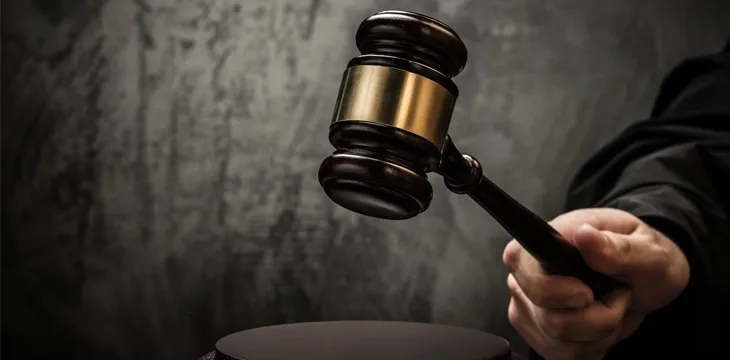|
Getting your Trinity Audio player ready...
|
A district court in the United States has junked a motion seeking to remand against Ripple Labs and its subsidiary XRP II. The lawsuit also named Ripple’s CEO, Brad Garlinghouse, as a defendant, but everything has fallen by the wayside following a ruling by the U.S. District Court of the Northern District of California last week. At present, the Ripple coin (XRP) has continued to decline spectacularly from the highs of $3.30 it achieved in December 2017, trading at around $0.25 on major exchanges.
In May, an XRP investor named Ryan Coffey filed a securities class action lawsuit in a San Francisco court, in which he claimed that he lost a total of $551.89 while trading XRP tokens. In the suit, Coffey alleged that the defendants—Ripple Labs, XRP II, and Garlinghouse along with 10 other individuals—violated state and federal securities laws whilst engaging in illegal schemes to raise several hundreds of millions of dollars through the sale of unregistered XRP tokens. The plaintiff also claimed that XRP is not a genuinely decentralized project.
However, the court ruled that Coffey failed to show whether the presence of a Securities Act issue was sufficient to bar the defendant from removing an action under the Class Action Fairness Act, according to court documents. In last week’s ruling, the court found that, “The parties candidly admit that their research failed to turn up any case directly addressing this question and the court’s own research fared no better.”
The plaintiff was seeking a “rescission of all XRP purchases, damages, and a constructive trust over the proceeds of defendants’ alleged sales of XRP.”
The suit was filed by lawyer James Taylor-Copeland with the Superior Court of the State of California, seeking damages on behalf of Coffey and others who experienced similar situations. At the time of filing, Coffey said that the lawsuit “arises out of a scheme by defendants to raise hundreds of millions of dollars through the unregistered sale of XRP to retail investors in violation of the registration provisions of state and federal securities laws.”
Recently, Ripple released the second quarter 2018 report for its digital asset, arguing that the XRP token price was in line with the overall trend in crypto markets, which “[underscores] XRP’s independence from Ripple.” However, since then, the price has continued to tank and has now reached levels not seen since October 2017.

 06-30-2025
06-30-2025 





